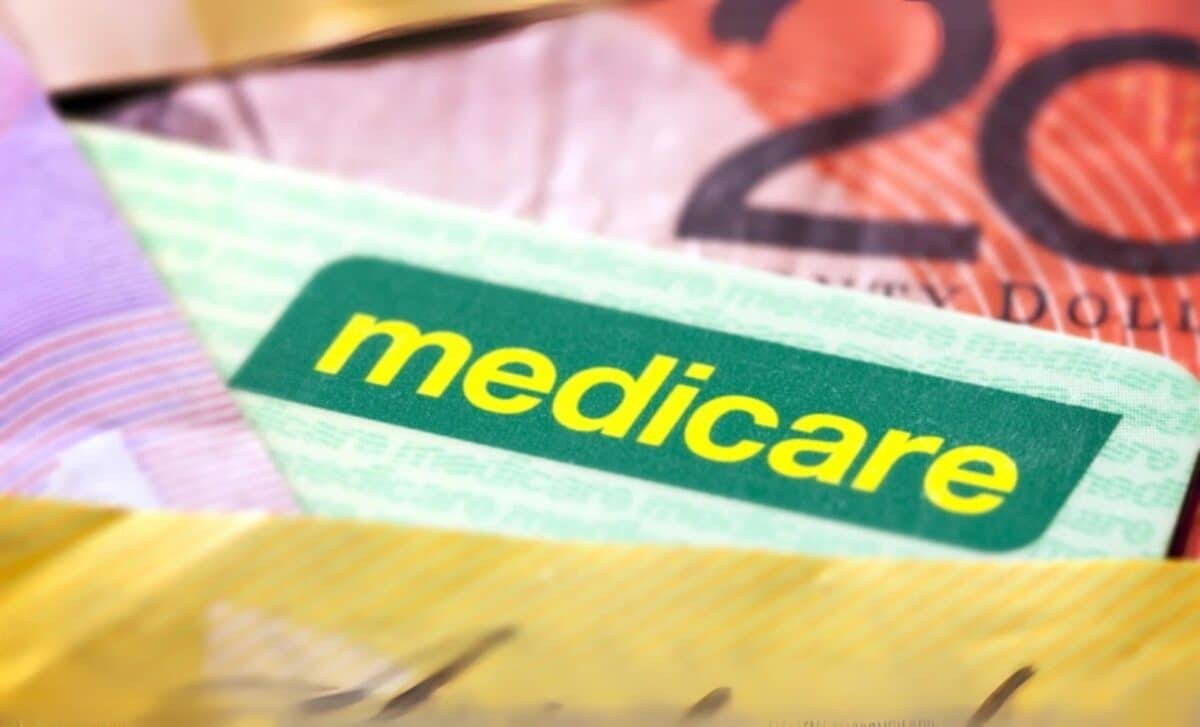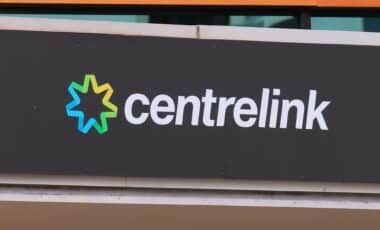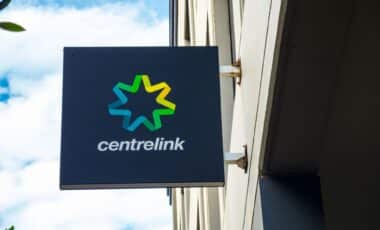Despite a landmark bipartisan pledge and an £8.5 billion boost to Medicare aimed at reversing the decline in bulk billing, Australia’s universal bulk billing system may not be fully restored, the Australian Medical Association (AMA) warns.
As the government and opposition pledge billions to ensure more Australians can access free GP visits, experts from across the medical field are raising concerns about the long-term sustainability of universal bulk billing.
In a report by 7News, AMA President Dr. Danielle McMullen cautioned that the funding might not be enough to solve the systemic challenges faced by general practices across the nation.
A multi-billion-dollar commitment to Medicare
Prime Minister Anthony Albanese unveiled a centerpiece election promise with a significant boost to Medicare, amounting to £8.5 billion. This funding aims to ensure that nine out of 10 visits to the doctor are free within the decade.
In response, Opposition Leader Peter Dutton matched the pledge with a similar £9 billion commitment to Medicare, which includes a £500 million mental health plan.
Challenges in Sustaining Free GP Visits
Despite these large financial commitments, the Australian Medical Association (AMA) president, Dr. Danielle McMullen, expressed concerns that not all general practices would be able to return to universal bulk billing.
She pointed out that in certain areas, particularly central metropolitan zones, the cost of providing care might still remain too high for general practices to absorb, even with the additional funding.
Dr. McMullen also noted the discrepancy between the £20 bulk billing incentive and the average out-of-pocket cost of more than £40 in some of Australia’s wealthier suburban areas.
While the pledge is expected to alleviate some financial pressures for patients, practices in these regions might not benefit as much as those in more remote or underserved areas.
The Impact on Metropolitan and Regional Areas
Australia’s bulk billing rate dropped sharply at the start of 2025, with only 20.7% of visits covered by bulk billing, compared to 35.7% just two years earlier. These figures underscore the severity of the decline and the need for substantial intervention.
Dr. McMullen also expressed that it was difficult to see how the funding would make a significant impact in some central metropolitan areas, where the costs of care might remain prohibitive despite the additional funding.
Support and Optimism From the Healthcare Sector
The bipartisan pledge has garnered widespread support from the healthcare sector. The Primary Care Business Council emphasized that the funding would help keep existing practices viable, attract more doctors to work in general practice, and help establish new practices in areas with high demand for healthcare services.
Regional GP services provider, Hamish Meldrum, added that the funding would help address healthcare deserts in remote and rural communities.
Additionally, the Health Services Union expressed optimism, stating that the funding would bring immediate benefits to Australians by reducing out-of-pocket expenses and increasing the accessibility of general healthcare.
Government’s Plan to Boost GP Access and Training
Under the government’s plan, every GP practice will be offered a new incentive payment to Universal Bulk bill, potentially ensuring free visits for patients.
The government’s modelling also suggests that this could result in an additional 20 million free visits to the doctor, providing significant relief for Australians facing rising healthcare costs.
Furthermore, the government has announced a new GP training programme set to begin in 2026, which will provide an additional 2,000 new GPs annually. The initiative will also create 400 new scholarships for nurses and midwives to strengthen the healthcare workforce.
The pledges signal a significant push to improve healthcare accessibility, especially as Australia prepares for a national election.









